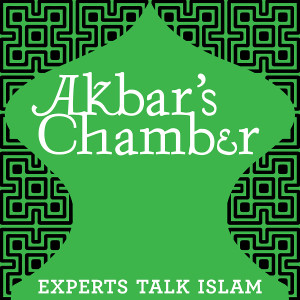

Islamic Occultism: The ‘Hidden’ Sciences of the Premodern Muslim World
Islam and the occult may seem like odd bedfellows. But during the medieval and early modern periods, Muslim thinkers wrote vast numbers of manuscripts on a panoply of occult sciences, ranging from numerology and astrology to alchemy and lettrism. Just as the English word occult derives from the Latin occultus (meaning ‘hidden’), so in Arabic were these arcane disciplines collectively known as the ‘ulum al-khafiyya (‘hidden sciences’). Both the Latin and Arabic terms were references to the invisible rather than visible dimensions of the cosmos that, as the scientists of their time, such occultists sought to manipulate. So important were these Islamic occult sciences that they formed a crucial part of high imperial politics, patronized by emperors and other courtly elites who deployed these hidden sciences for everything from hiring personnel and military success to urban and even party planning. Nile Green talks to Matthew Melvin-Koushki, co-editor of Islamicate Occult Sciences in Theory and Practice (Brill, 2021).
More Episodes
All Episodes>>Create Your Podcast In Minutes
- Full-featured podcast site
- Unlimited storage and bandwidth
- Comprehensive podcast stats
- Distribute to Apple Podcasts, Spotify, and more
- Make money with your podcast












